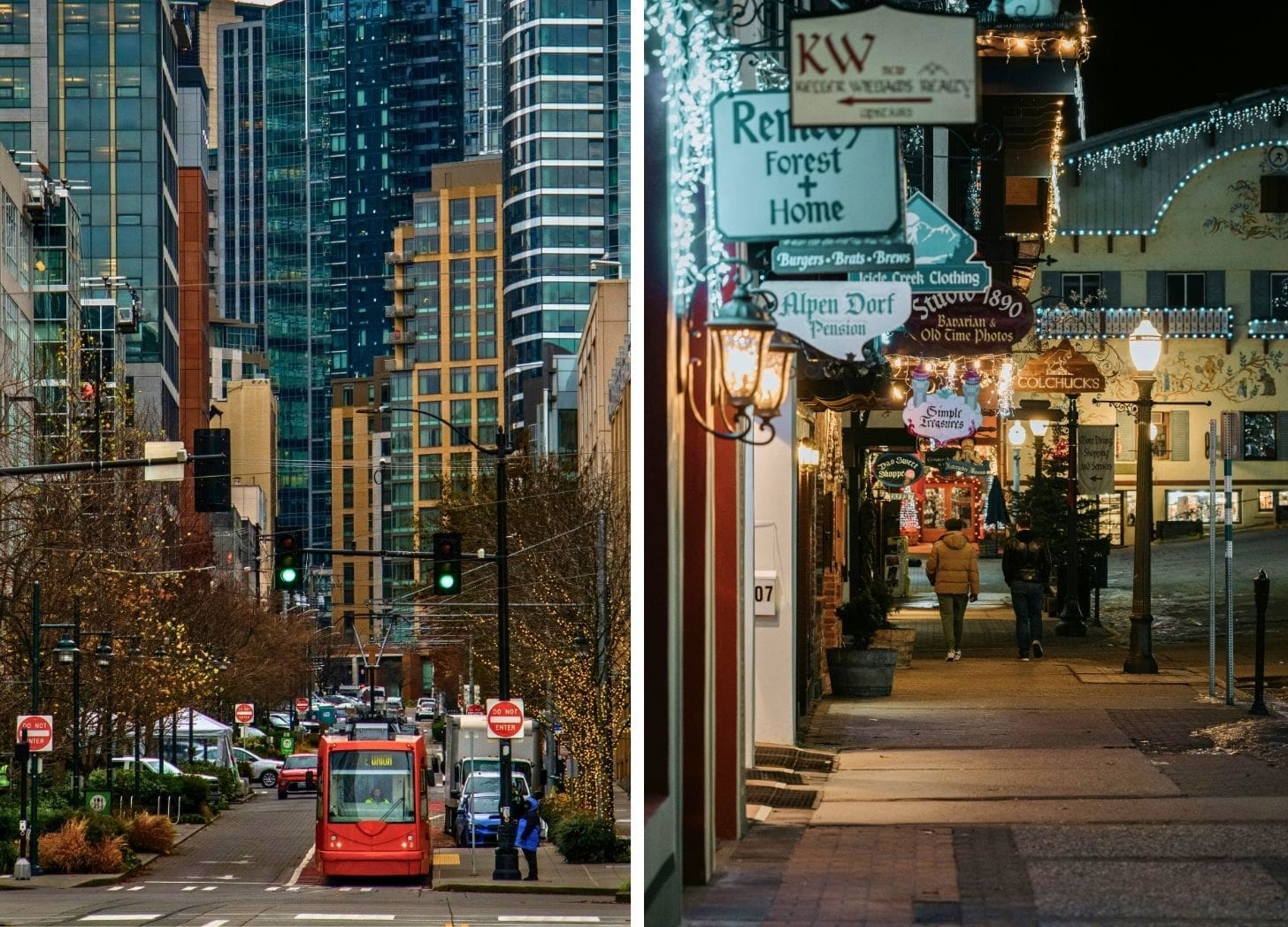Destination Sunday: The Flip Side of Competing With Big Cities
Why small destinations shouldn’t play copycat
The Industry Lie
Everyone tells small destinations: “Do what the big guys do.”
Glossy ad campaigns. Influencer blitzes. Mega-events.
Here’s the truth: you’ll never out-Vegas Vegas. Or out-New York New York. Trying to play their game is the fastest way to lose your own.
The Pain of Copycat Marketing
When you try to copy the city playbook, here’s what happens:
You burn through half your annual budget on one shiny campaign no one remembers.
Locals roll their eyes at marketing that doesn’t match reality.
Guests show up expecting “big” and find “small”, and leave disappointed.
You lose money, trust, and repeat visitors in one move.
The Flip Side
Stop copying. Start contrasting.
Lean into your smallness. Celebrate the things big cities can’t replicate:
Intimacy
Quirks
Stories that don’t scale
Travelers don’t come to a fishing village, a mountain town, or a tucked-away coast for Times Square energy. They come for the opposite.
Proof It Works: Leavenworth, Washington
Leavenworth was dying in the 1960s. Timber and rail collapsed. Locals had a choice: copy Seattle or do something bold.
They chose bold. They transformed the entire town into a Bavarian alpine village. Not just storefronts, everything. Architecture. Shops. Festivals.
Today, Leavenworth attracts 2–3 million visitors a year and supports thousands of jobs. Guests don’t just visit once. They come back for Maifest, Oktoberfest, and the Christmas Lighting Festival.
Leavenworth didn’t out-advertise Seattle. It became the antidote to Seattle. That’s the flip side.
A Simple AI Play
Here’s how to run the same play without a Bavarian makeover:
Pull 30 reviews of your nearest big city (Google, TripAdvisor).
Drop them into ChatGPT, Claude, or Gemini.
Prompt:
“Summarize the top complaints travelers have about [City]. Give me 5 one-line pain points.”
Flip each complaint into your pitch.
“Too crowded” → Room to breathe.
“Too noisy” → The loudest thing here is the river.
“Too expensive” → Dinner for four costs less than a big-city cocktail.
This isn’t trash talk. It’s positioning. You’re not competing. You’re contrasting.
Why It Works
Travelers don’t just want “not crowded.” They want peace.
They don’t just want “not expensive.” They want value.
They don’t just want “not noisy.” They want memory-making and connection.
When you offer the antidote, you attract guests who choose you because you’re not the city, and they come back for exactly that reason.
👉 The Flip Side: You don’t beat big cities by copying them. You win by being everything they aren’t.
Next week: why posting daily won’t save your destination (and what actually will).




thanks for restacking!
thanks for restacking!